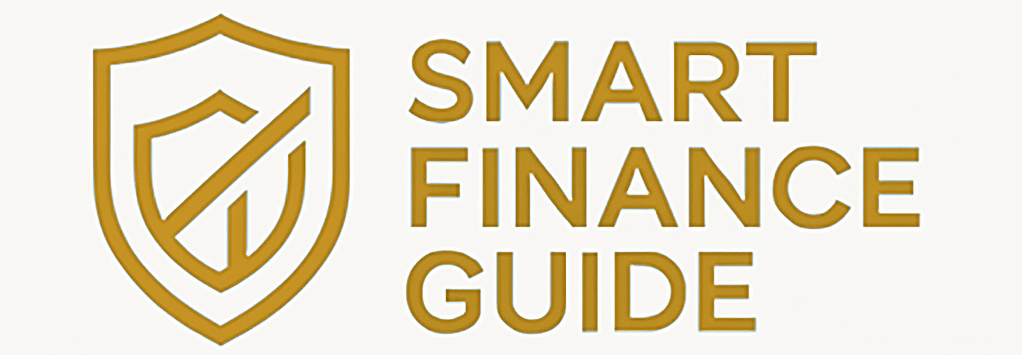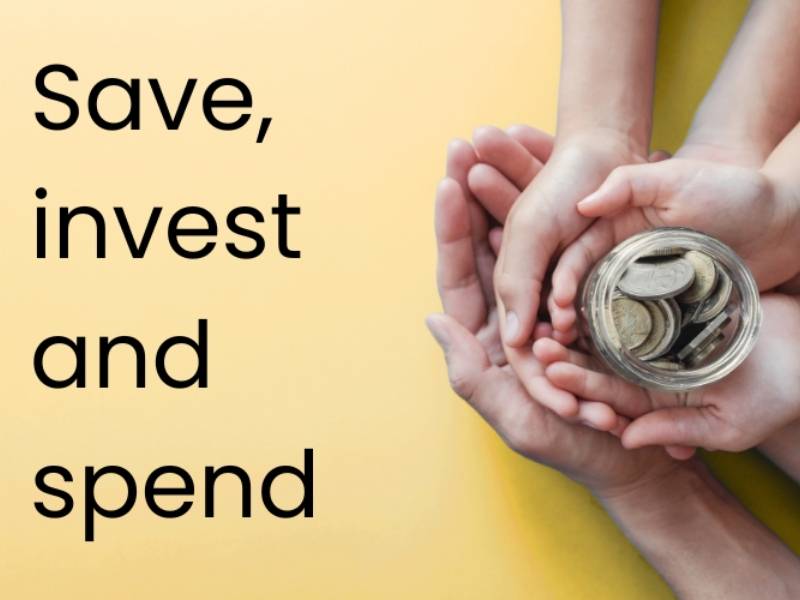In a world where money affects almost every decision we make, one skill stands out as essential but often overlooked: financial literacy.
Whether it’s budgeting, saving, investing, or avoiding debt, financial education gives people the tools to make informed, confident choices. And the earlier you start learning it, the better.
In this article, you’ll understand why financial education matters, how it impacts every stage of life, and how to apply simple principles to your daily routine.
What Is Financial Education?
Financial education means understanding how money works — how to earn, save, invest, borrow, and spend it wisely.
It includes topics like:
- Budgeting
- Banking and credit
- Saving and investing
- Managing debt
- Taxes
- Retirement planning
- Insurance
Financial literacy helps you navigate everyday decisions, from buying groceries to planning your retirement.
Why Financial Education Matters
Without it, people are more likely to:
- Overspend and live paycheck to paycheck
- Fall into debt traps
- Struggle with emergencies
- Miss out on investment opportunities
- Delay major life goals (like owning a home or retiring)
With it, people gain:
- Confidence and peace of mind
- Better control over their finances
- The ability to plan and achieve goals
- Long-term financial stability
✅ It’s not about being rich — it’s about being in control.
When Should Financial Education Start?
As early as possible. Kids can begin learning basic concepts like:
- Saving money in a jar
- Earning an allowance for chores
- Budgeting for a toy
By the time someone is a teen or young adult, they should understand:
- How checking and savings accounts work
- The dangers of credit card debt
- How to create a budget
- The basics of compound interest
Unfortunately, most schools don’t teach this — so it’s up to families, communities, and individuals to fill the gap.
How to Apply Financial Education in Daily Life
You don’t need a finance degree to use these skills. Here are simple, practical ways to apply financial knowledge every day:
1. Create a Monthly Budget
- Track your income and expenses
- Categorize your spending (rent, food, entertainment)
- Set limits and goals for each category
- Adjust each month as needed
2. Use Banking Tools Wisely
- Monitor your accounts weekly
- Set up alerts for low balances or large transactions
- Use automatic savings transfers
- Avoid overdraft fees by keeping a buffer in your account
3. Build an Emergency Fund
- Start with $500, then aim for 3–6 months of expenses
- Keep it in a separate, high-yield savings account
- Only use it for real emergencies (not vacations or sales)
4. Understand the Cost of Debt
- Know the interest rate on any credit card or loan
- Pay more than the minimum payment when possible
- Avoid “buy now, pay later” plans unless necessary
- Don’t borrow for things that won’t add long-term value
5. Learn the Basics of Investing
- Start small with ETFs or index funds
- Understand risk vs. reward
- Use compound interest to grow wealth over time
- Don’t try to “time the market” — stay consistent
6. Set Short- and Long-Term Financial Goals
- Short-term: Save $500 for car repairs, pay off a credit card
- Long-term: Buy a house, retire with $1M, start a business
- Break goals into monthly steps and track progress
7. Know Your Credit Score
- Check it regularly for free at sites like Credit Karma or your bank
- Understand what affects it: payment history, utilization, new accounts
- Keep your score high for better loan and credit card options
8. Use Technology to Stay Organized
- Budgeting apps like YNAB, Mint, or EveryDollar
- Investment platforms like Fidelity, SoFi, or Acorns
- Bill reminders and automatic payments to avoid fees
How Financial Education Improves Quality of Life
When people understand and manage their finances well, they:
- Experience less stress and anxiety
- Make better life decisions (career, family, housing)
- Have more freedom and options
- Build security for their future and loved ones
It’s not just about money — it’s about mental health, opportunity, and peace of mind.
How to Keep Learning (At Any Age)
Financial education is a lifelong journey. Here’s how to keep growing:
- Read one personal finance book per year
- Follow blogs, podcasts, or YouTube channels
- Take free online courses (Coursera, Khan Academy, Udemy)
- Talk about money openly with family and friends
- Ask questions — no one knows everything
✅ Remember: the best investment you can make is in your own knowledge.
Final Thoughts: Learn It, Live It, Teach It
Financial education isn’t something you learn once and forget — it’s a life skill that grows with you.
Start where you are. Apply what you know. Keep asking questions. And, when you can, share your knowledge with others — especially the next generation.
Because when more people understand money, everyone wins.

